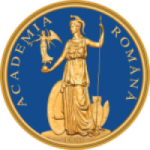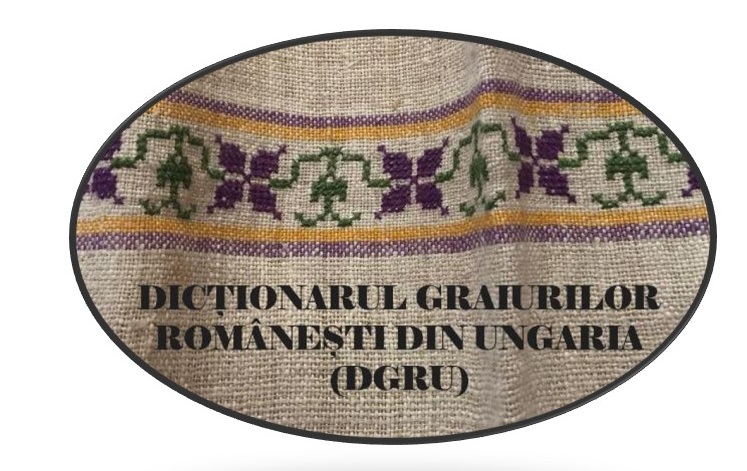In the first place, we aim at establishing a corpus of dialectal and sociolinguistic material, with a special scientifical value, both in quantity and, especially, in quality, collected from different sources, published in the approximately last 100 years (linguistic atlases, etno-folk texts from different publications, collections of dialectal texts, etc.). The included lexical material will undergo the distinctiveness of terms criterion for the research area, therefore the study does not (also) have as an aim the enlistment of the entire lexical stock from the analysed dialectal varieties, but it will consist of lexical elements, which, reported to the literary language, have the status of undiscovered words or archaic, old, dialectal, or at the most, popular facts, with a much higher frequency in these idioms, compared to their literary correspondents. Their registration in the dictionary does not imply highlighting the elements with a faded existence, but, on the contrary, highlighting the creative character, the variety and complexity of the vocabulary from these dialectal varieties.
In the second place, in parallel, the participants in the project set themselves, on the one hand, to make some new field research, in order to enrich and verify the corpus obtained, an objective that will be achieved in the bilateral projects, and on the other hand, to compare the material with the data from the recordings with sociolinguistic character done by Ana Borbély in the last 30 years,
The results obtained after library and field research will be valued within some articles and conferences, but also within the dictionary as such. The dictionary will contain both an introductory part, in which the methodology of the study, the aspects regarding the sources from which the material was collected, its selection criteria, data about the dialect survey, about localities, about the informers will be described, and a part that reunites the entries as such.
The dictionary will be published in both printed and electronic version (e-DGRU), based on a program offered by the Institute of Linguistics with the courtesy of Ana Barbu, Senior Researcher at the Department of Romance Studies and adapted to the needs of the dictionary by Marinela Bota.

